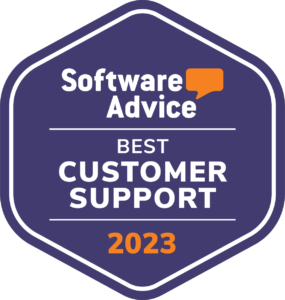ERP for Manufacturing
Manufacturing businesses face unique challenges, including resource management, production planning, and quality control. ERP systems are specifically tailored to address these needs, helping manufacturers optimize operations and stay competitive.
What is the Meaning of ERP for Manufacturing?
ERP for manufacturing integrates production planning, inventory management, quality assurance, and other manufacturing functions into a single system. It provides end-to-end visibility, enabling businesses to manage resources efficiently.
What Are the Advantages and Disadvantages of ERP for Manufacturing?
Advantages
- Real-Time Monitoring: Tracks production progress and resource usage.
- Improved Quality Control: Ensures adherence to standards through integrated checks.
- Reduced Downtime: Predictive maintenance features minimize disruptions.
- Enhanced Scalability: Adapts to changing production demands.
Disadvantages
1. Complex Customization: Manufacturing-specific needs may require extensive tailoring.
2. Initial Costs: High setup and training expenses.
3. Implementation Time: Requires careful planning and execution.
What Are the Benefits of ERP for Manufacturing?
1.Resource Optimization: Efficient allocation of raw materials and labor.
2. Improved Decision-Making: Access to real-time data aids strategic planning.
3. Increased Productivity: Automation reduces manual intervention, speeding up processes.
4. Better Supplier Collaboration: Streamlined communication with suppliers.
Conclusion
ERP systems are indispensable for manufacturing businesses, offering tools to optimize production, enhance quality, and drive efficiency. By adopting the right ERP solution, manufacturers can navigate industry challenges and achieve sustained growth.




